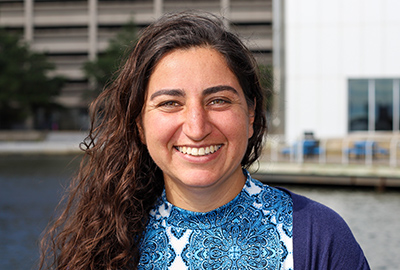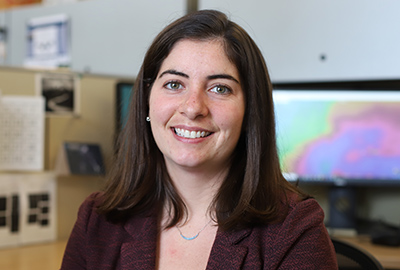Opening a marine monument to commercial fishing compromises species protections
By Jessica V. Redfern, Kelly A. Kryc, Lena Weiss, Brooke C. Hodge, Orfhlaith O’Brien, Scott D. Kraus, Ester Quintana-Rizzo, Peter J. Auster
Originally published in Frontiers in Marine Science in July 2021

Abstract
One of today’s greatest conservation challenges is balancing policies, laws, and management strategies established to achieve economic goals that depend on extracting ocean resources with those established to conserve marine biodiversity. We use the Northeast Canyons and Seamounts Marine National Monument (NCSM) as a case study to explore the consequences of changing from a policy that prevents fishing to a fisheries management policy. We found that opening the NCSM to commercial fishing reduces species protections. Fishing with pelagic and bottom tending fixed gear exposes species inhabiting the sea surface and midwater regions to entanglement and bycatch risk. Fishing with bottom tending fixed gear also exposes deep-sea coral habitat to gear known to have detrimental impacts. The NCSM was designated as a marine national monument due to the area’s unique ecological resources that are a subject of scientific interest. Our case study demonstrates that a fisheries management policy is insufficient to protect these ecological resources.
Full Text





